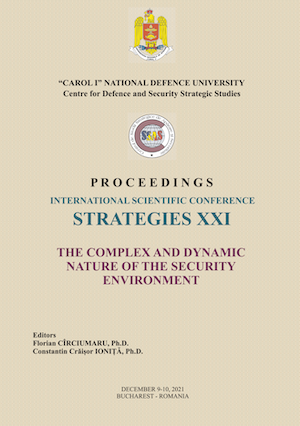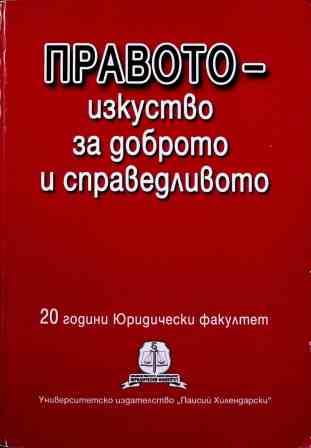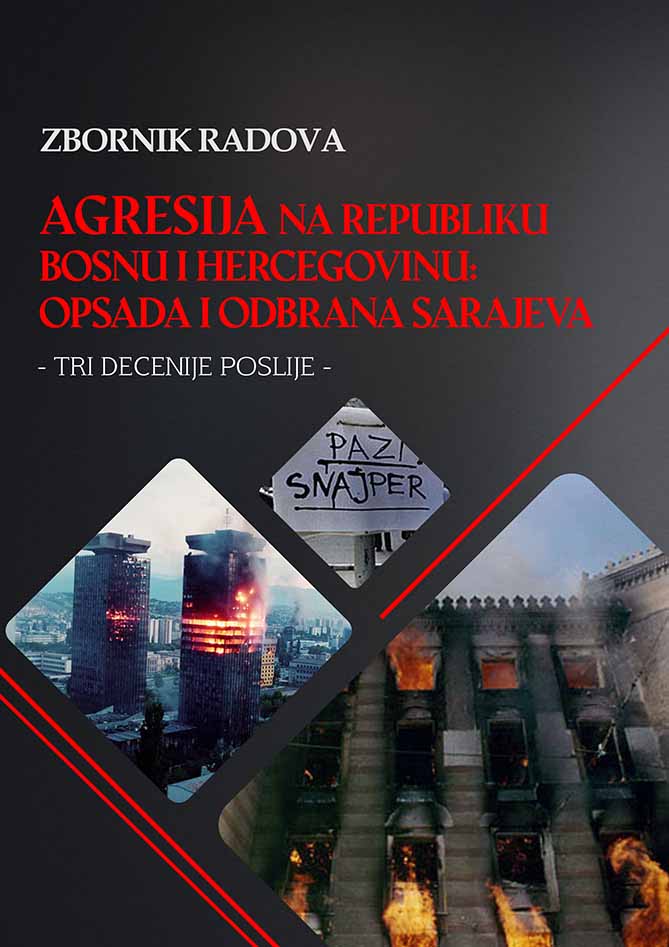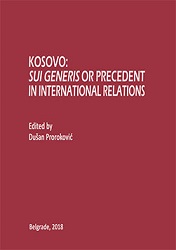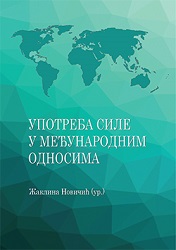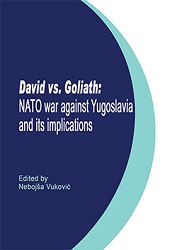Author(s): Boris Krivokapić / Language(s): Serbian
Publication Year: 0
When speaking of force in international relations and international law, it is mainly about what takes place in relations between states and consists of the use of armed force, or rather the threat that it will be used. However, force in international relations can be viewed from other angles, in relation to other subjects. In order to approach the problem he deals with, the author first points out some of the possible classifications of the use of force that are of importance for international relations, and then specifies that the subject of his presentation is force that: 1) is illegal, 2) is carried out in peace, 3) is carried out by states, 4) is carried out as part of some state policy, 5) is carried out against individuals, and 6) has a certain international significance. After that, relying on numerous concrete examples from practice, he gives an overview of some of the forms of such force, such as kidnappings, imprisonment without a court decision, holding in secret prisons, torture, enforced disappearances and, in particular, targeted killings. As part of the concluding considerations, the author points out the most important real and legal consequences of targeted killings and other considered forms of force against individuals. Among other things, it states that much is already covered by international legal norms, but that here too the law lags behind, and that there is a need to precisely regulate a number of issues such as targeted killings, especially those carried out by drones. Some of the open problems are how to achieve effective international control over the various forms of violence against individuals mentioned in the paper; how to ensure that the same approach is applied to all states; how to prevent and effectively sanction unlawful violence against individuals that can be attributed to international structures (e.g. international peacekeeping forces), etc.
More...


